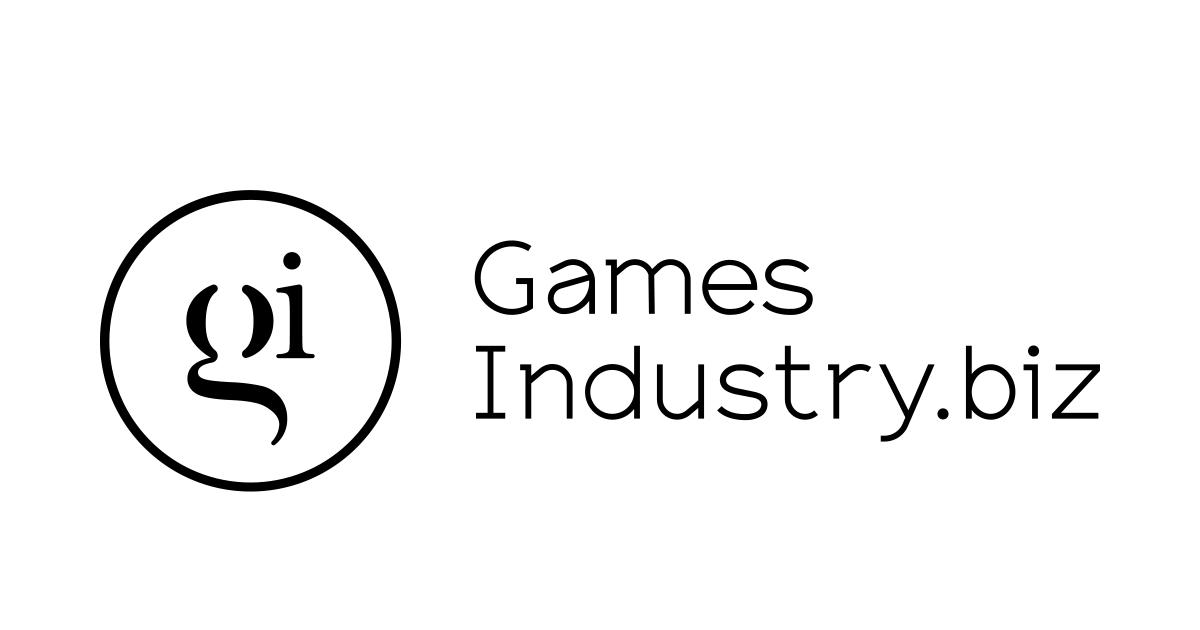The past 12 months has been dominated by horror stories about working in the global video games industry.
Abusive bosses, criminal activity, mass lay-offs, 100-hour work weeks, toxic gamer communities… it’s enough to put off even the biggest gamers from pursuing a career in this business.
These issues are real and they must be dealt with by everyone involved in video games.
Yet these headlines don’t tell the whole truth of what it’s like to work in games. For the majority, video games is an exciting, vibrant and inspiring place to be. Over these next four pages you’ll read what it’s like behind the scenes of the 20 best employers in the UK games industry, as judged by the employees who work there.
We had almost 80 companies take part in the awards this year, and the consensus from all of them is that this is a satisfying business to work in, full of brilliant people looking to make amazing things.
Amongst those that didn’t win, there are some obvious areas of improvement. Training and development is relatively weak outside of the big winners, initiatives to improve diversity can vary greatly, and there’s simply not enough staff for the amount of work in some cases.
But for those companies who are struggling in some areas, we have supplied them their employee scores so that they can now see where there is room for improvement. And through a series of features, including this one, we are going to hold up our 20 winners as examples of what businesses can do to make the lives of their employees even better.
Putting on the Best Places To Work Awards in this current climate was a daunting task for us. This year’s it’s not simply a celebration of great employers, but a reminder that there are good workplaces out there (lots of them), that there are inspiring bosses, and there are leaders looking to bring about change.
And it’s a chance to find the stories and case studies that can teach UK businesses how to best protect their most valuable asset — the people.
How the best places were judged
Every company that entered the awards was sent two sets of surveys. The first was an employer survey, which looked at benefits, pay, holiday, diversity, growth, stability and more.
The second survey was for employees, and featured statements that staff had to agree or disagree with. These included views on their management, culture, technical support and workload.
The employer survey accounted for 25% of the final score, with the employee responses accounting for the rest.
All 20 of our winning companies received an overall score of 85% or higher.


